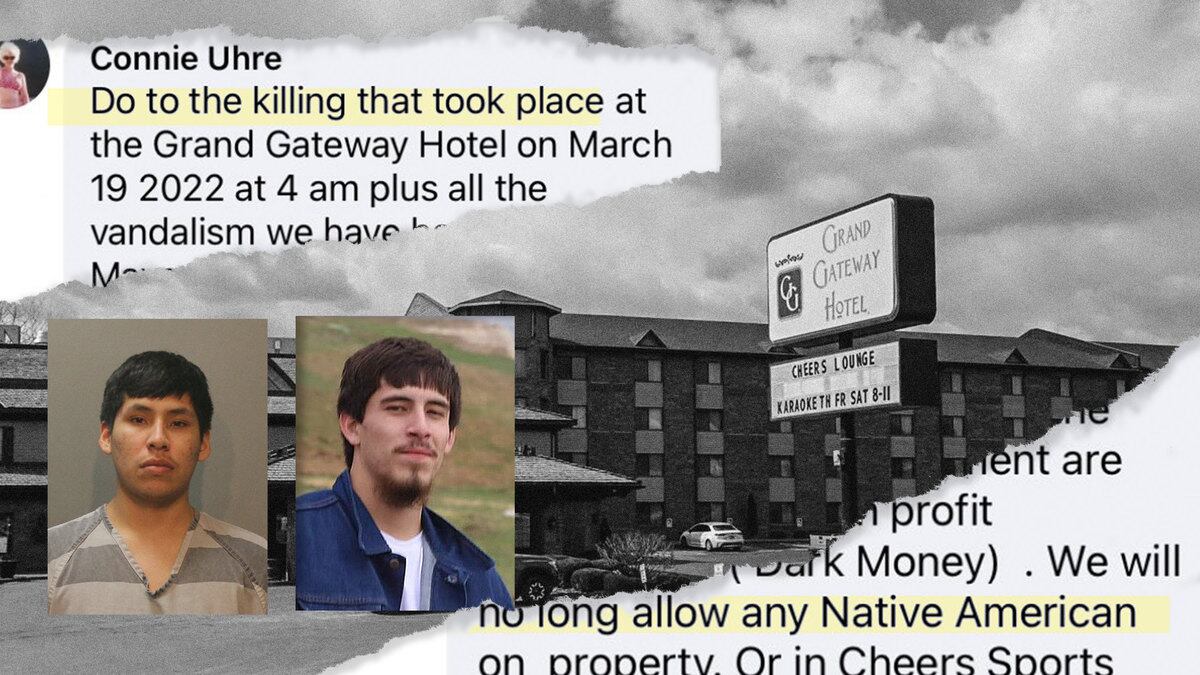U.S. News
Photo Illustration by Luis G. Rendon/The Daily Beast/Pennington County Sheriff's Office/Myron Pourier Sr./Twitter
The Killing That Set Off a ‘Race War’ in South Dakota
BOILING POINT
A shooting at a Rapid City hotel has sparked an uproar that led to protests and a federal discrimination lawsuit.





